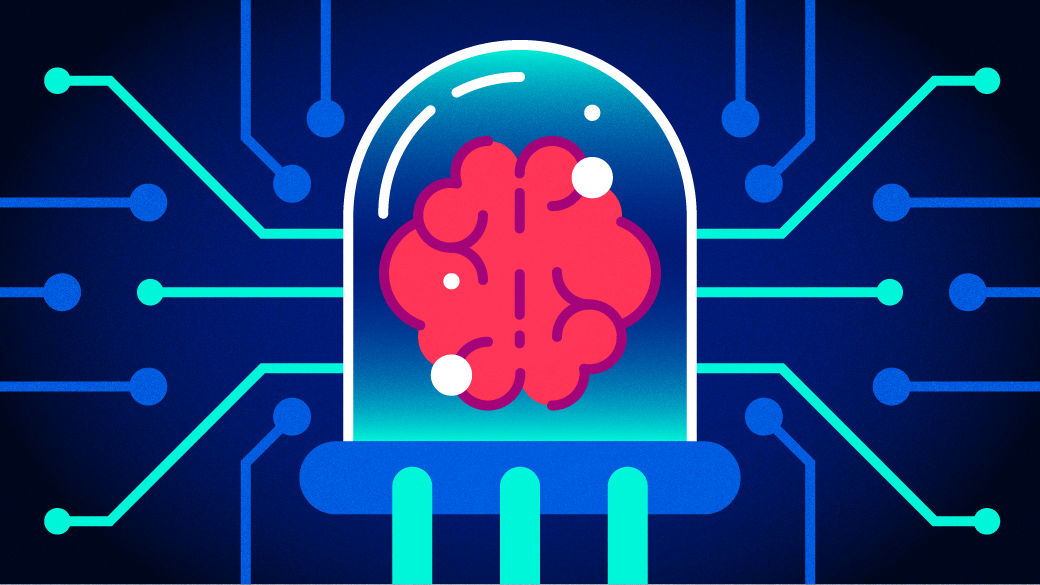Shafaq News/ Artificial intelligence (AI) continues to transform the techlandscape, with Google and Apple at the helm of this revolution. In 2025, bothcompanies have made tremendous advancements in AI, reshaping the way usersinteract with devices and services. Here’s a closer look at how their AIinnovations compare across key areas: virtual assistants, privacy, ecosystemintegration, and AI-powered hardware.
Virtual Assistants: Siri vs. Google Assistant
Virtual assistants have become indispensable, and Google Assistant and Siriare the two leading contenders.
Google Assistant stands out with its remarkable natural language processingcapabilities, allowing it to offer contextually relevant and precise answers.Its deep integration with Google’s suite of services—including Google Lens andreal-time translation—enhances its utility. Additionally, recent updates haveexpanded its functionality, enabling it to trigger app actions, making it aversatile and efficient tool for everyday tasks.
In contrast, Apple’s Siri has focused on creating a more personalizedexperience. By processing data locally, Siri offers enhanced privacy and fasterresponses. Fully integrated into Apple’s ecosystem—including iPhones, HomePods,and iPads—Siri provides a seamless experience, with recent updates improvingits contextual awareness and multi-step command abilities.
Winner: Google Assistant leads with superior natural language processing, abroader range of services, and enhanced versatility, while Siri excels inprivacy and seamless integration within Apple’s ecosystem.
Privacy Protection and Data Management
As privacy becomes an increasingly important concern for users, bothcompanies have taken distinct approaches to protect user data.
Google, while previously criticized for its data handling practices, hasmade significant strides in offering users greater control over theirinformation. With increased transparency and better data management tools,Google is working to strengthen its privacy measures without sacrificing thequality of its services.
Apple, on the other hand, has long positioned itself as a privacy-focusedcompany. Its commitment to reducing data sharing through on-device processingensures that user data remains secure. Features like App Tracking Transparencyand privacy labels on the App Store further demonstrate Apple’s dedication tosafeguarding user privacy.
Winner: Apple takes the lead with its stringent privacy measures,prioritizing on-device processing to ensure better data security and usercontrol.
Ecosystem Compatibility and Integration
The effectiveness of AI is closely tied to its integration across devicesand services, and this is where both companies shine, albeit in different ways.
Google’s AI is embedded across a vast array of services, including Search,Maps, and YouTube, creating a highly interconnected experience. Its support forAndroid devices and third-party apps offers users impressive flexibility,making Google’s AI particularly appealing to those who use a variety ofdevices.
Apple, in contrast, delivers a more cohesive experience within itsecosystem. AI is seamlessly integrated into iOS, macOS, and HomeKit, offeringusers a fluid and unified interaction across their Apple devices. Features suchas Continuity and Handoff allow for effortless transitions between devices,providing an exceptional experience for those fully invested in Apple’secosystem.
Winner: Apple’s ecosystem stands out with its seamless integration andsmooth transitions between devices, while Google excels with its cross-platformsupport and service integration.
AI in Device Performance and Hardware
The role of AI in enhancing hardware capabilities is increasinglysignificant, with both companies leveraging AI to improve device performance.
Google’s Pixel smartphones utilize the AI-driven Tensor G5 processor, whichpowers features like computational photography and real-time translation. Theseinnovations reflect Google’s focus on enhancing device performance through AI,delivering personalized and advanced user experiences.
Apple, too, integrates AI into its hardware, particularly through the A18chip in the iPhone 16e. This chip enhances camera functionality while focusingon on-device processing to maintain privacy and optimize efficiency. Apple’sapproach ensures that AI-driven features provide high performance withoutcompromising security.
Winner: Both companies integrate AI into their hardware, but Apple’semphasis on on-device processing prioritizes privacy and security, whileGoogle’s AI-driven features enhance personalization and user experience.
As of 2025, both Google and Apple have made significant advancements in AI,but in different areas. Google excels in natural language processing and offersa broader AI experience with its integration across multiple services. Apple,however, stands out for its emphasis on privacy, security, and seamlessintegration within its ecosystem. The decision between the two ultimatelydepends on individual preferences—whether users prioritize a wider AI ecosystemor a more secure and unified device experience.
This story is based on a detailed report by Analytics Insight. For morein-depth information, click here.
Read More Details
Finally We wish PressBee provided you with enough information of ( Google vs. Apple: The battle of AI giants in 2025 )
Also on site :
- India-Pakistan deadly fighting forces airlines to re-route, cancel flights
- Kremlin comments on ceasefire plans after Ukrainian drone strikes
- '90s Singer Makes Powerful Career Move After 5 Years Without New Music

